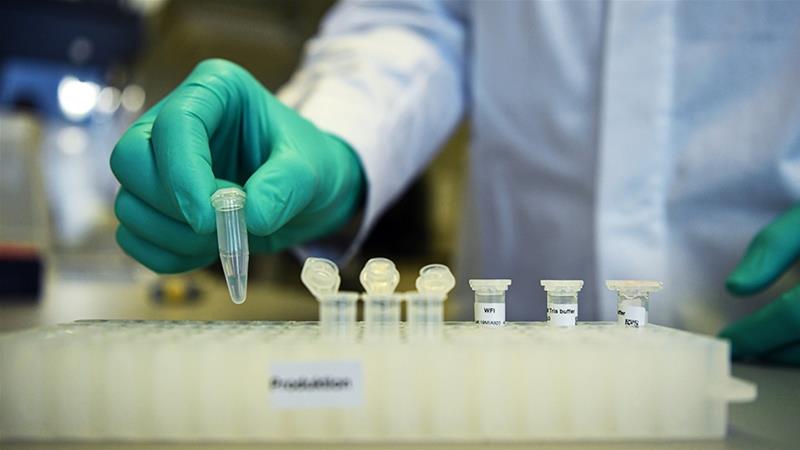×
The Standard e-Paper
Join Thousands Daily

A coronavirus vaccine being developed by scientists from Oxford will commence its first human trials on Thursday, April 23 according to UK’s Secretary of State for Health and Social Care Matt Hancock.
Hancock says study will take in 510 healthy volunteers between 18 and 55 years of age from varied locations in the United Kingdom.